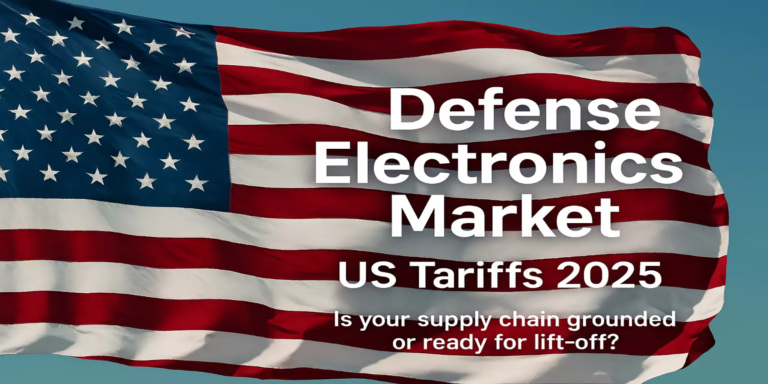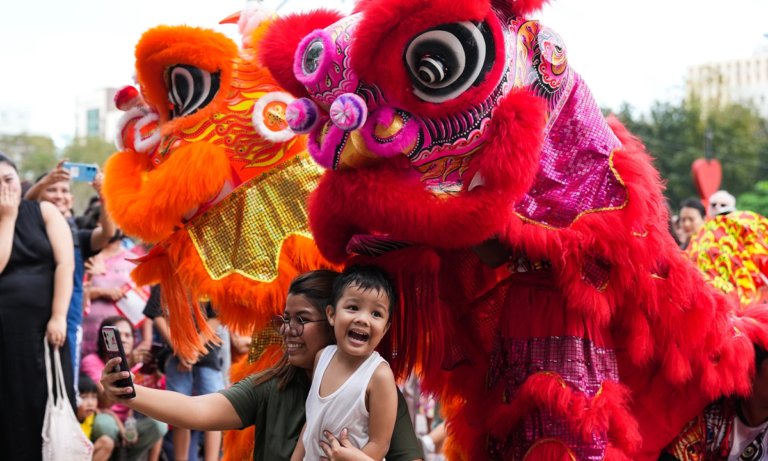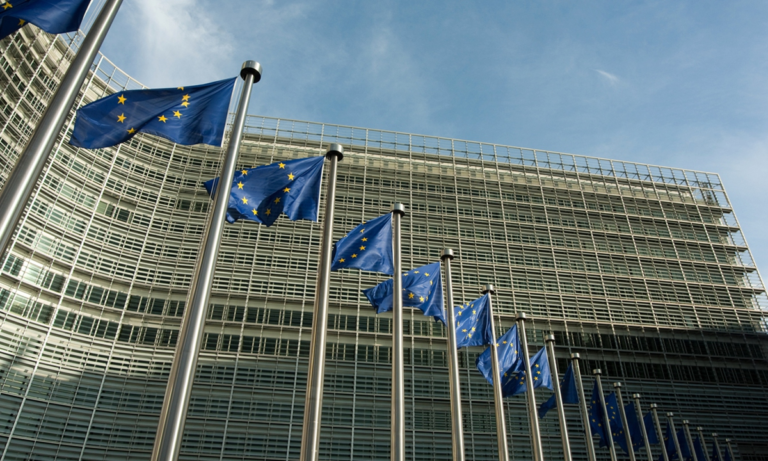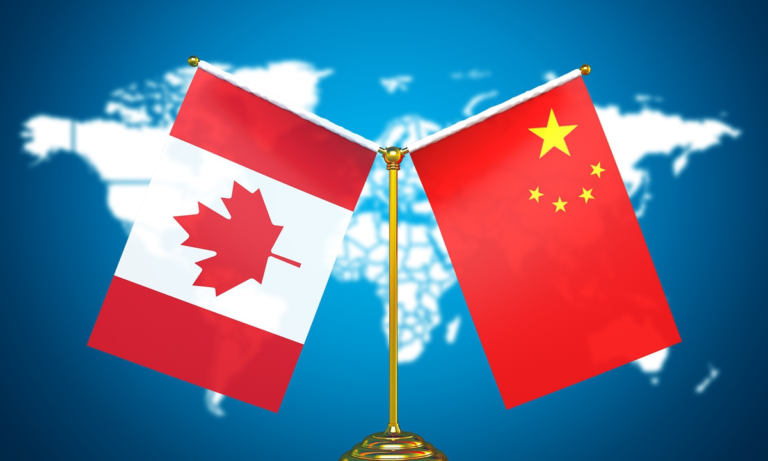
Taiwan’s Vice-President Hsiao Bi-khim gave a speech at the European Parliament in Brussels on Friday, in what organisers claimed made her the most senior official from Taipei to have spoken in a foreign legislature in which it does not have diplomatic recognition.
Hsiao spoke at an unofficial conference of lawmakers from around the world who advocate for tougher China policies, hosted in the parliament and unannounced, which is sure to provoke a furious response from Beijing.
The No 2 leader told the gathering that “cross-Strait stability is not only a regional concern … it is a cornerstone of global prosperity”, as she encouraged closer ties between Europe and Taiwan.
“Despite being excluded from international organisations, Taiwan has stepped up. We contribute to humanitarian aid. We uphold global standards even when we are not allowed a seat at the table,” Hsiao told the annual meeting of the hardline Interparliamentary Alliance on China.
It was not immediately clear whether European Parliament President Roberta Metsola was aware of Hsiao’s speech in advance. The IPAC summit was registered as a “member event” rather than an event organised by the parliament, meaning no prior approval of speakers is required.
Beijing sees Taiwan as part of China, to be reunited by force if necessary. Most countries, including the US and EU members, do not recognise Taiwan as an independent state, but Washington is opposed to any attempt to take the self-governed island by force and is committed to supplying it with weapons.
China’s Mission to the EU did not immediately respond to a request for comment.
The EU has a one-China policy through which it maintains business and cultural ties with Taiwan, but does not recognise it as a sovereign state.
In recent years, the bloc has, in fits and starts, upgraded its trade relations with the island as it looked to tap into its semiconductor prowess, but has stopped short of the level of engagement called for by the European Parliament.
The parliament has repeatedly called for the sides to negotiate a bilateral investment agreement, a request the European Commission has rejected, officially saying that capital already flows well between the EU and Taipei.
Privately, however, officials have confirmed that they would not wish to anger Beijing. Furthermore, official sources said they have no confidence that any trade or investment pact with Taiwan would enjoy member state approval, which would be required to even begin negotiations.
In an updated position paper, debated in draft form by the parliament’s foreign affairs committee this week, lawmakers urged the EU’s member states to work “on closer security coordination, including naval presence and joint exercises, to reinforce stability in the region”.
They encouraged the commission and council – made up of member states – to “put forward contingency measures, including scenario planning, designed to mitigate risks arising from any possible future developments around Taiwan”.
Hsiao’s appearance comes at a delicate moment for EU-China relations, during which Beijing has been impressing a tougher line on Taiwan during bilateral meetings.
On a call with German Foreign Minister Johann Wadephul this week, Chinese Foreign Minister Wang Yi read him the riot act on Taiwan.
Wadephul had to cancel a trip to Beijing last month, with many suspecting it was because he had spoken more assertively about the risk of conflict in the Taiwan Strait.
“China unconditionally supported German reunification and hopes that Germany, having experienced the pain of division, can fully understand and support China in safeguarding its national sovereignty and territorial integrity and opposing all acts of ‘Taiwan independence’,” Wang said, according to the Chinese readout.
At the first meeting between the European Parliament and China’s National People’s Congress in seven years last month, the sides also clashed over Taiwan.
After the centre-right Slovakian lawmaker Miriam Lexmann said the island had never been “part of the People’s Republic of China” since its founding in 1949, a Chinese delegate told her she “did not know history”. The Europeans were told they should not have any contact with Taipei, sources said.
That meeting happened after the European Parliament normalised its ties with the Congress earlier this year. They had been frozen following a bilateral sanctioning blitz related to China’s alleged human rights abuses in Xinjiang, which Beijing denies.
The Taiwan question has been handled more delicately by EU member states, particularly since Lithuania landed in hot water after opening a controversially named “Taiwanese Representative Office” in Vilnius in 2021.
Such diplomatic presences use the word “Taipei”, and Lithuania’s deviation from this led to an unofficial trade embargo that wiped out its exports to China.
In neighbouring Estonia, plans to open a de facto embassy have run aground, with Taipei holding out for a name similar to the one in Vilnius but Tallinn not wanting to annoy Beijing, Nikkei Asia Review reported recently.
Hsiao’s stop in Brussels will raise eyebrows across Europe. On a trip to the continent last year as vice-president-elect, German authorities refused her request to do a private sightseeing tour in the country’s south.





